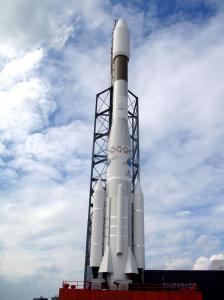
This is one of two big aluminium plants in the south-eastern city of Puerto Ordaz, where most of Venezuela's basic industries are concentrated.
It is also the test bed for a new experiment in co-management, which President Hugo Chavez says is a key step towards a "socialism of the twenty-first century".
Alcides Rivero, who works here as a maintenance electrician, says co-management means that for the first time in this company's 37 years of existence, the workforce has control.
"It's us, the workers", he says, "who decide on questions of production and technology, and it's us who elect who will be our managers."
Full article from BBC
